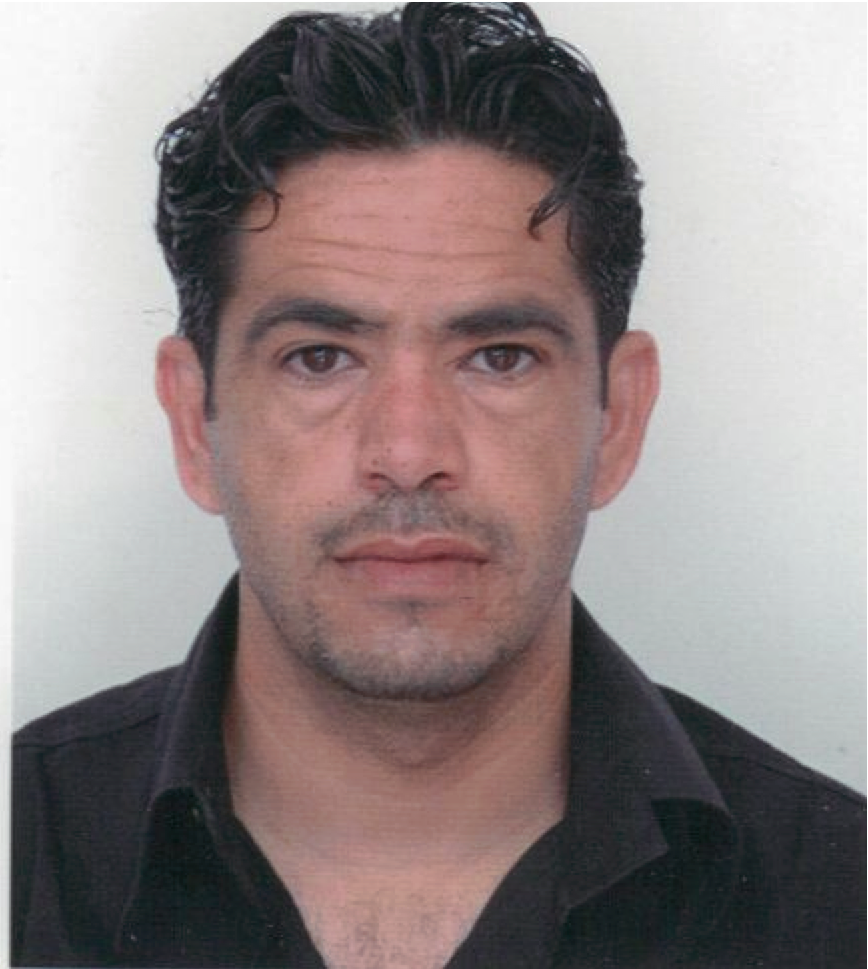Kaïs Klai
Full professor
Professor of Computer Science, member of the LIPN (Laboratoire d'Informatique de Paris Nord), at the University of Sorbonne Paris Nord in France.
I teach at the Institut Galilee.
"Habilitation à Diriger des Recherches", Université Sorbonne Paris Nors : Hybrid Techniques For The Verification Of Complex Systems : Abstraction and Composition-Based Approach, defended in 2013.
